The world of NFTs is expanding fast. What began as a way to own digital art has now evolved. A new trend is rising called phygital NFTs, which combine physical and digital goods. This trend brings NFTs closer to everyday life. It links real items like sneakers, art, watches, and fashion to digital tokens. Let’s break down what this means and why it matters.
What Are Phygital NFTs?
Phygital NFTs are digital tokens that are tied to physical objects. This link is stored securely using blockchain technology. For example, if you buy a limited-edition sneaker, you may also get an NFT that proves ownership and authenticity.
These NFTs do not just show you own the item. They also act as a certificate of authenticity and help in tracking the item over time. This is where NFT authentication and NFT product tracking come into play.
A good way to understand phygital NFTs is to think of them as a bridge. They connect real-world objects with digital records. This gives the buyer a new level of trust and security. It also opens up new possibilities for trading and collecting physical goods online.
Why Do Phygital NFTs Matter?
The rise of phygital NFTs is important for several reasons:
- Proof of Authenticity: Luxury items can be verified with digital certificates.
- Resale Market: Items can be sold easily with digital proof included.
- Inventory Tracking: Brands can use NFTs to track the lifecycle of a product.
- Ownership History: Buyers can check past ownership of a product.
- Fraud Prevention: Harder to counterfeit goods with blockchain records.
All this is made possible by using blockchain for real assets. Blockchain keeps the records safe, clear, and easy to trace.
Use Cases of Phygital NFTs
Many industries are already using phygital NFTs. Here are a few key examples:
Industry | Phygital Use Case |
Fashion | Limited-edition items with NFT proof of ownership |
Art | Physical paintings linked to digital tokens |
Footwear | Sneakers with scannable chips linked to NFTs |
Sports cards or toys with NFT certificates | |
Watches | High-end timepieces with NFT-based ownership tracking |
Each of these industries benefits from the trust and traceability that NFTs offer. Buyers know they are getting real products. Sellers gain better ways to manage inventory and resale.
How Blockchain Helps in Tracking and Authentication
NFTs rely on blockchain, a type of digital ledger. When you link a physical product to an NFT, the blockchain stores that connection. Once on the blockchain, the data is very hard to change.
Here’s how it works:
- A product is made.
- A unique NFT is created with data about that product.
- The NFT is stored on the blockchain.
- When the product is sold or transferred, the NFT record is updated.
This helps with both NFT authentication and NFT product tracking. It ensures that anyone can verify the item’s journey, from production to resale.
Benefits for Brands and Consumers
Both companies and buyers have a lot to gain from phygital NFTs:
For Brands:
- Reduce fakes in the market.
- Build stronger trust with customers.
- Get useful data about resale and usage.
For Consumers:
- Easy to verify if a product is real.
- Digital ownership makes reselling easier.
- Ability to own both digital and physical versions.
The concept of blockchain for real assets is the main reason these benefits are possible. It offers a secure and simple way to link the real and digital worlds.
The Future of Phygital Assets
As technology improves, phygital NFTs will become more common. We may soon see electronics, furniture, and even cars linked to NFTs. New platforms are being built to make it easier to create, trade, and verify phygital items.
The fusion of physical and digital is changing how we buy, sell, and use products. It also changes how we trust what we own. With the help of NFT authentication, we are entering a new era of smarter, safer ownership.
In summary, phygital NFTs are more than just a trend. They are a powerful tool that links the physical world with the digital one. Using NFT product tracking and blockchain for real assets, this movement is making real-world products smarter and more trustworthy.
Remember, investing in cryptocurrencies involves risks, and it’s important to conduct thorough research and seek professional advice before making any financial decisions. (Please keep in mind that this post is solely for informative purposes and should not be construed as financial or investment advice.)

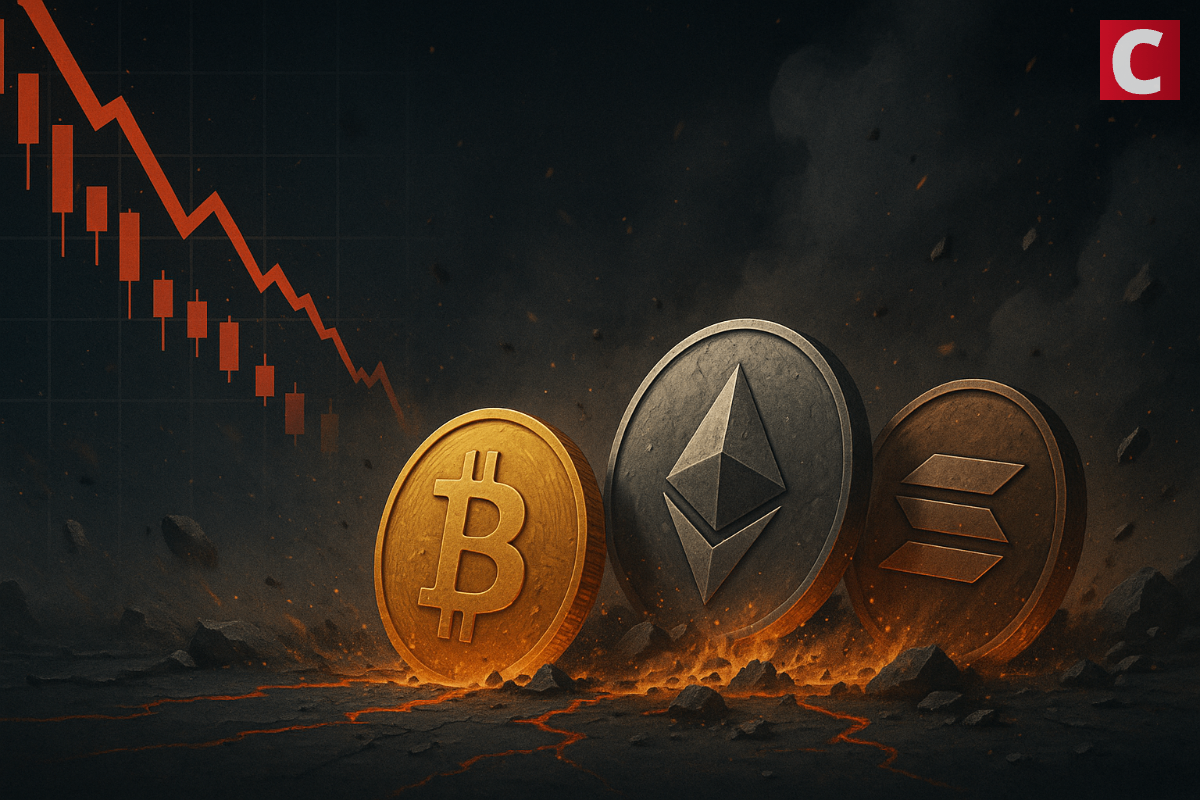
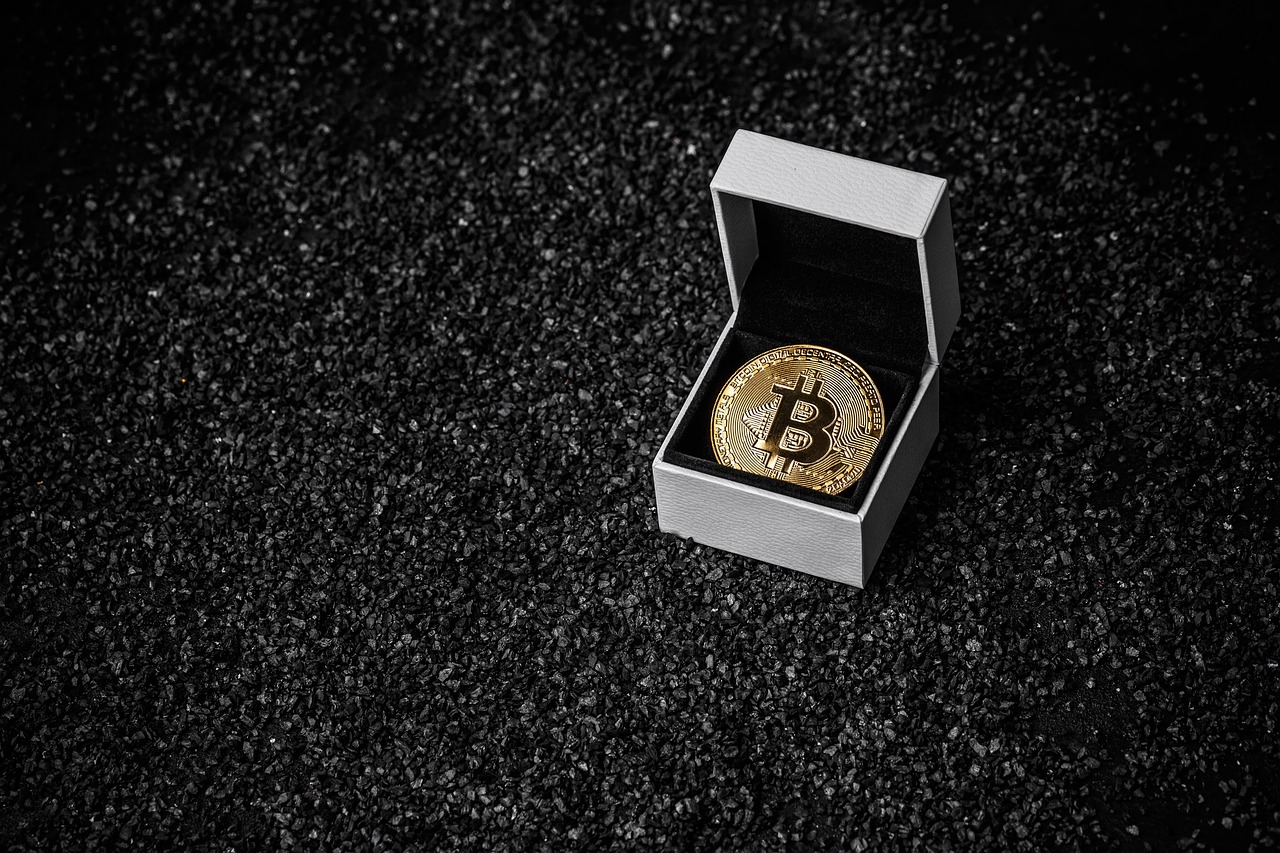

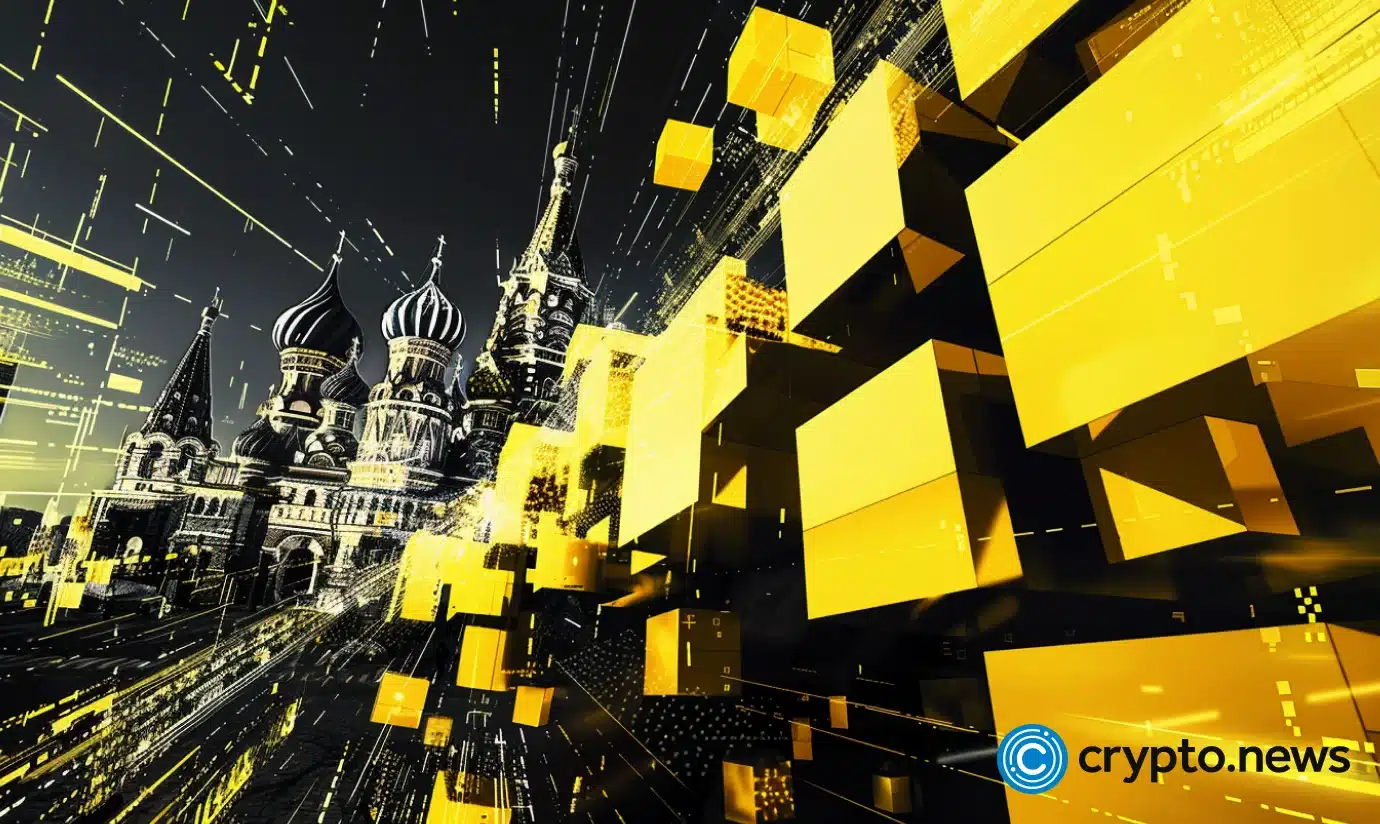



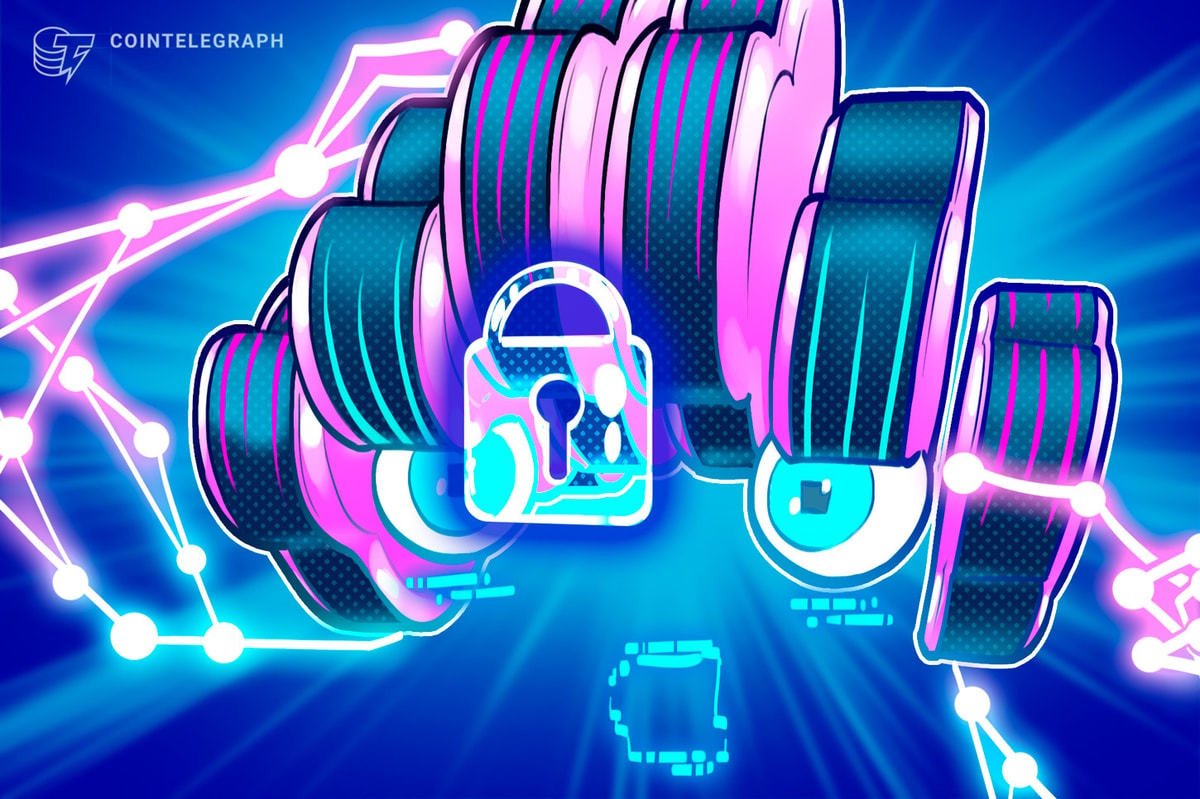





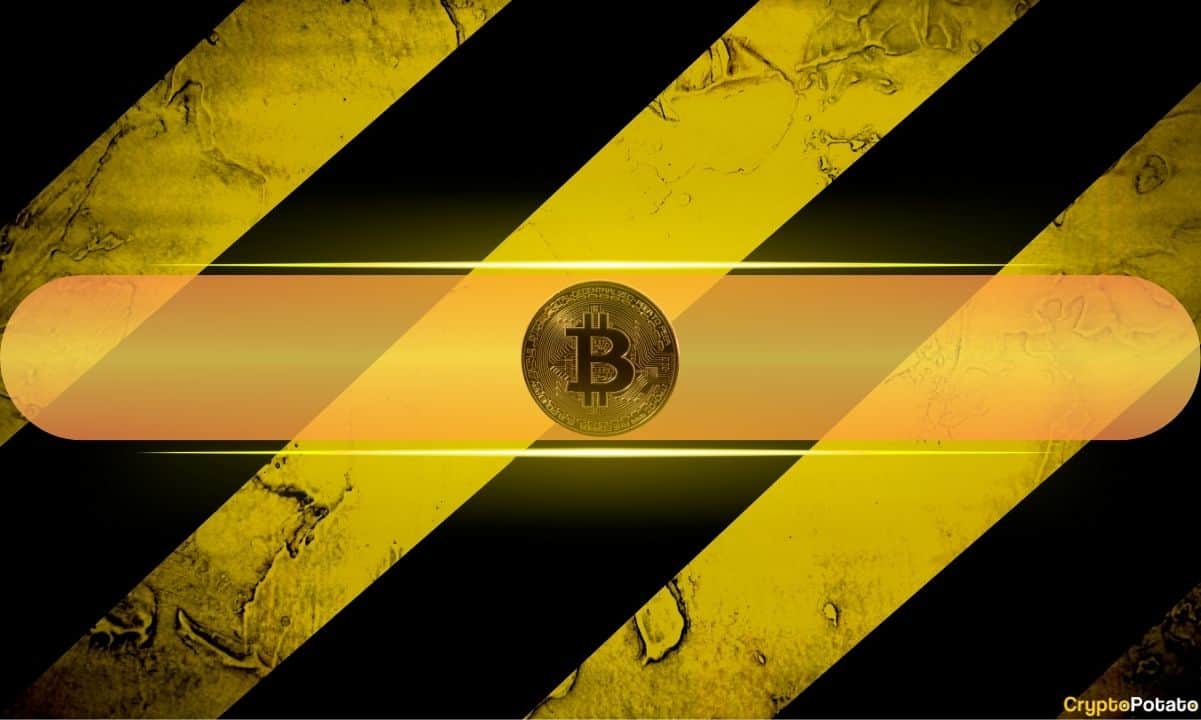


 English (US) ·
English (US) ·